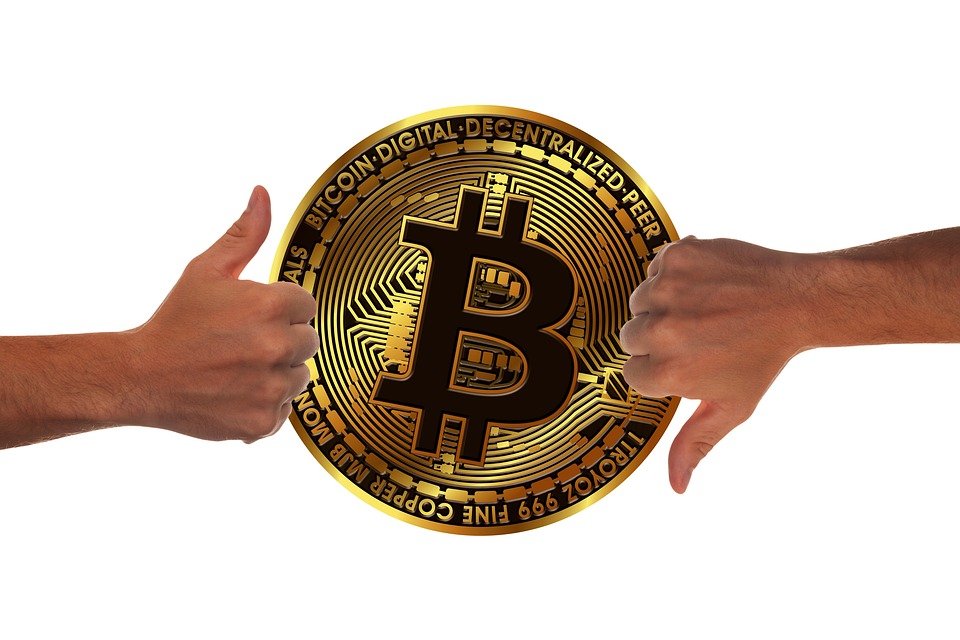In recent years, digital assets have become a hot topic in the world of finance and technology. From non-fungible tokens (NFTs) to cryptocurrency, there is a wide range of digital assets that individuals and businesses can invest in and trade. These assets have gained popularity due to their potential for high returns and the ease of trading online.
One of the most talked-about digital assets in recent years is NFTs. NFTs are unique digital tokens that represent ownership of a specific item or piece of content, such as artwork, music, or even tweets. These tokens are stored on a blockchain, making them secure and immutable. NFTs have exploded in popularity, with artists and creators selling their digital works for millions of dollars. The appeal of NFTs lies in their exclusivity and scarcity, as each token is one-of-a-kind and cannot be replicated.
Another popular digital asset is cryptocurrency, such as Bitcoin and Ethereum. Cryptocurrency is a digital or virtual form of currency that uses cryptography for security. These assets can be used for online transactions, investments, and as a store of value. The decentralized nature of cryptocurrency has made it a popular choice for those looking to diversify their investment portfolios or participate in the growing digital economy.
In addition to NFTs and cryptocurrency, there are many other types of digital assets that individuals and businesses can explore. These include digital securities, stablecoins, and utility tokens. Digital securities are digital representations of traditional financial assets, such as stocks and bonds, while stablecoins are cryptocurrencies pegged to a stable asset, such as the US dollar. Utility tokens are digital tokens that are used to access a specific service or product within a blockchain ecosystem.
The diversity of digital assets provides investors with a wide range of options to choose from, depending on their risk tolerance and investment goals. While some digital assets may offer high returns, they also come with a higher level of risk due to their volatility and the lack of regulation in the digital asset market. It is important for investors to do their due diligence and research before investing in any digital asset to ensure they understand the risks involved.
Overall, the world of digital assets is rapidly evolving, with new and innovative assets being created all the time. From NFTs to cryptocurrency, there is a wealth of opportunities for individuals and businesses to explore these digital assets and participate in the growing digital economy. By staying informed and educated about the different types of digital assets available, investors can make informed decisions and potentially benefit from the opportunities that these assets offer.




